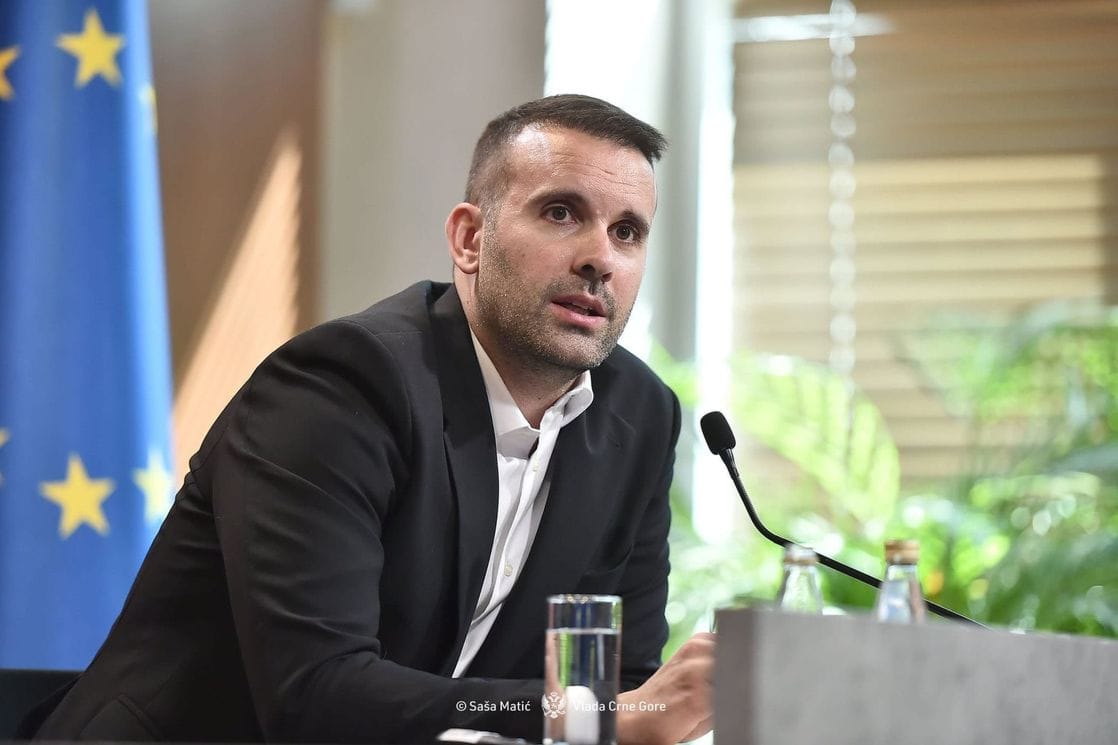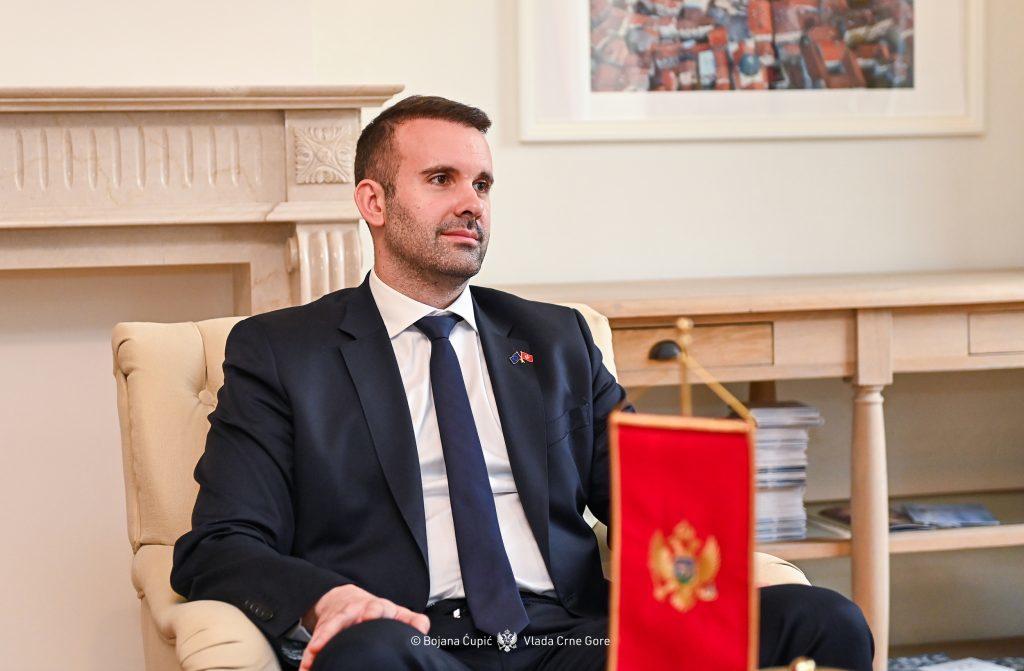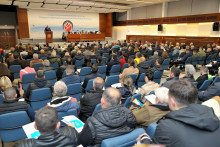Prime Minister Milojko Spajić responded to a letter sent to the Government of Montenegro by the International Finance Corporation (IFC), a member of the World Bank Group. The IFC expressed serious concern over the government tender commission’s decision to reject, without explanation, the technical bid of one bidder in the concession process for Montenegrin airports. Spajić emphasized that the IFC’s communication is a serious warning regarding the regularity of the tender process, which could harm Montenegro’s reputation and its European path, especially in the context of closing Chapter 5 on public procurement. He called on the tender commission to carefully consider the expert opinions of the IFC to successfully conclude the process in the best interest of the citizens of Montenegro.
Political Perspectives:
Left: Left-leaning outlets emphasize the importance of transparency and accountability in the tender process, highlighting the IFC’s warning as a call to uphold democratic and fair procedures. They may critique the government’s handling of the tender and stress the need for reforms to prevent corruption and ensure public interest.
Center: Centrist sources report the facts of the IFC’s warning and the government’s response in a balanced manner, focusing on the procedural aspects and the potential impact on Montenegro’s international reputation and EU integration process. They highlight the government’s commitment to addressing the concerns and ensuring compliance with procurement rules.
Right: Right-leaning media may frame the IFC’s warning as an external interference or pressure on national sovereignty, emphasizing the government’s efforts to protect national interests and complete the tender process efficiently. They might downplay the severity of the warning or criticize international institutions for overreach.


























